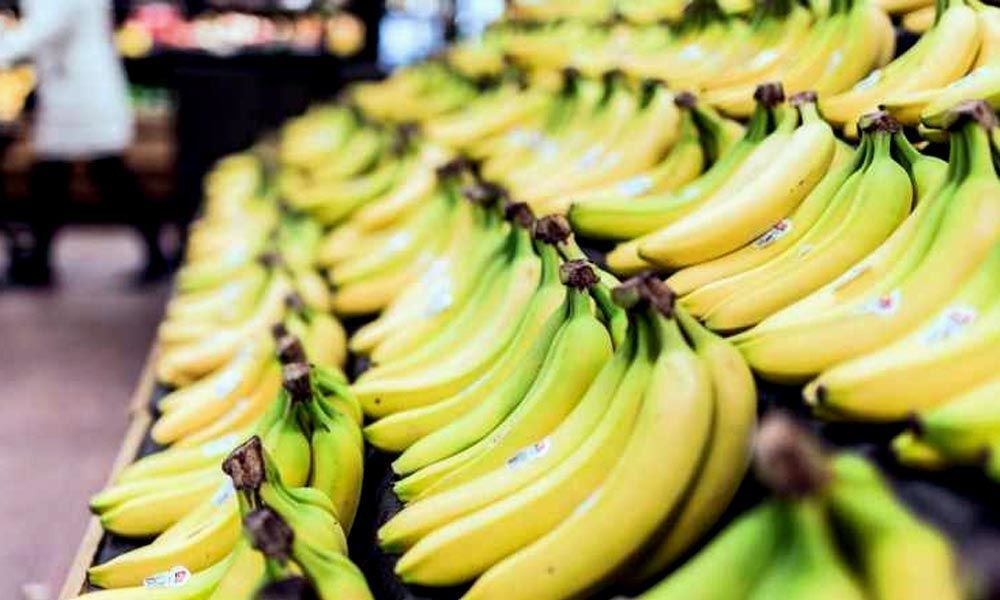Climate change may cause major decline in India's banana cultivation, reveals study

It showed that by 2050, any positive effects of climate change on average global banana yields, though likely to continue, will be significantly lessened.
LONDON: Climate change may lead to a significant decline in banana production in India -- the world's largest cultivator and consumer of the crop, according to a study.
Bananas are recognised as the most important fruit crop -- providing food, nutrition and income for millions in both rural and urban areas across the globe.
While many reports have looked at the impact of climate change on agricultural production, the effect rising temperatures and changing rainfall has on crucial tropical crops such as the banana are less well understood.
Researchers, led by Dan Bebber from the University of Exeter in the UK, studied both the recent and future impact of climate change on the world's leading banana producers and exporters.
The study shows that 27 countries -- accounting for 86 per cent of the world's dessert banana production -- have on average seen increased crop yield since 1961 due to the changing climate resulting in more favourable growing conditions.
However, the study, published in the journal Nature Climate Change, also suggests that these gains could be significantly reduced, or disappear completely, by 2050 if climate change continues at its expected rate.
It suggests that 10 countries -- including the world's largest producer and consumer of banana India and the fourth-largest producer, Brazil -- are predicted to see a significant decline in crop yields.
The study also highlights that some countries -- including Ecuador (the largest exporter) and Honduras, as well as a number of African countries -- may see an overall benefit in crop yields.
"We're very concerned about the impact of diseases like Fusarium Wilt on bananas, but the impacts of climate change have been largely ignored," said Bebber.
"There will be winners and losers in coming years, and our study may stimulate vulnerable countries to prepare through investment in technologies like irrigation," he said.
Grown throughout the tropics and subtropics, bananas are a key crop for millions of people across the world, researchers said.
Such international trade can play a pivotal role in local and national economies in producing countries.
For example, bananas and their derived products constitute the second-largest agricultural export commodity of Ecuador and Costa Rica.
Given this importance, predicting the potential impacts of climate change on banana production systems is crucial to ensuring its long-term survival, according to researchers.
The team assessed the climate sensitivity of global dessert banana productivity or yield using sophisticated modelling techniques.
It showed that by 2050, any positive effects of climate change on average global banana yields, though likely to continue, will be significantly lessened.
Ten countries are predicted to show at least a negative trend, if not strong declines in yields.
These include some of the largest producers such as India and Brazil, as well as Colombia, Costa Rica, Guatemala, Panama and the Philippines, all of which are major exporters, researchers noted.
"It is imperative that we invest in preparing tropical agriculture for future climate change," said Bebber.
"An open exchange of ideas is going to be critical going forward," said Varun Varma, Research Fellow at the University of Exeter.
"We believe practical solutions already exist, but these are scattered across banana producing countries. This knowledge exchange needs to start now to counteract predicted yield losses due to climate change," Varma said.















